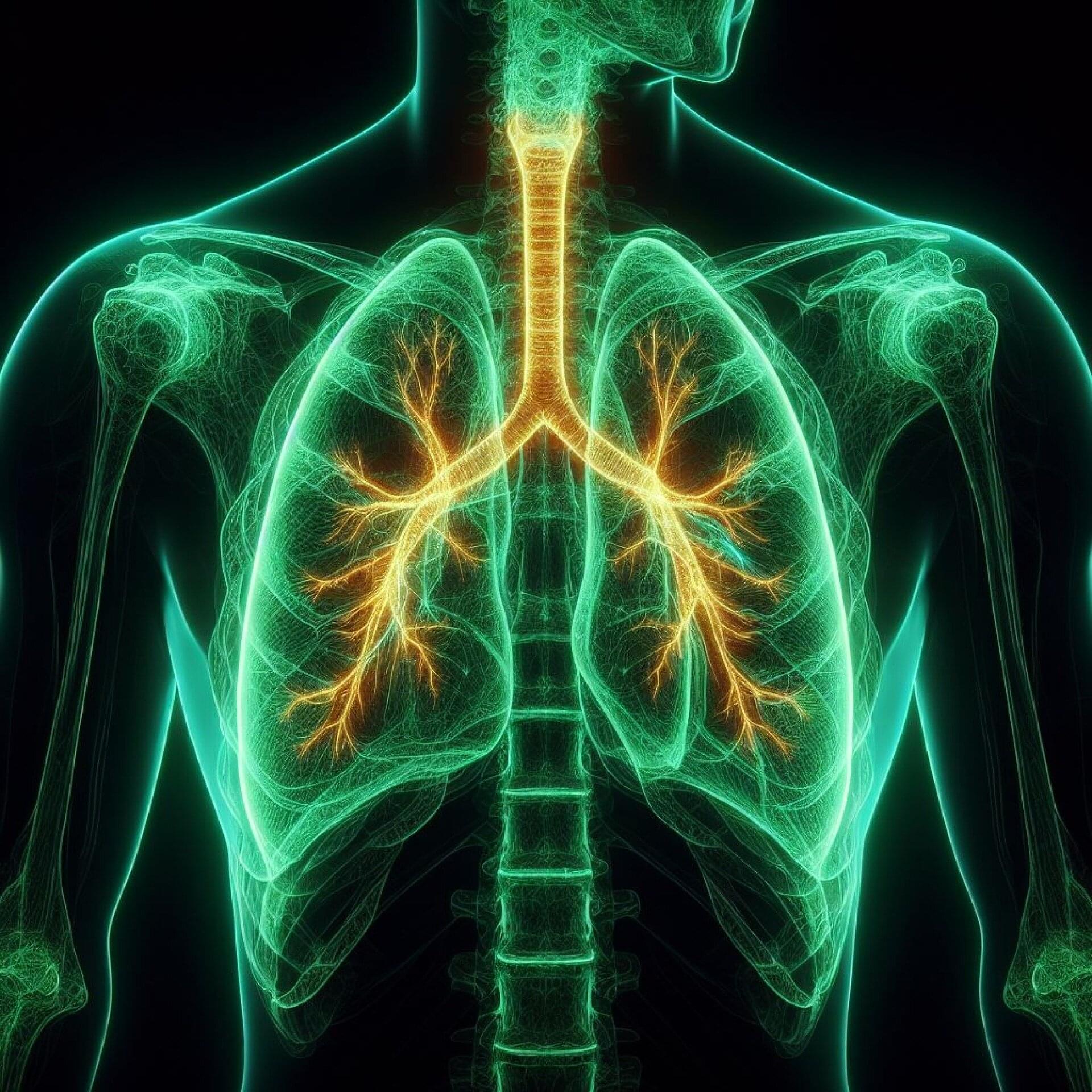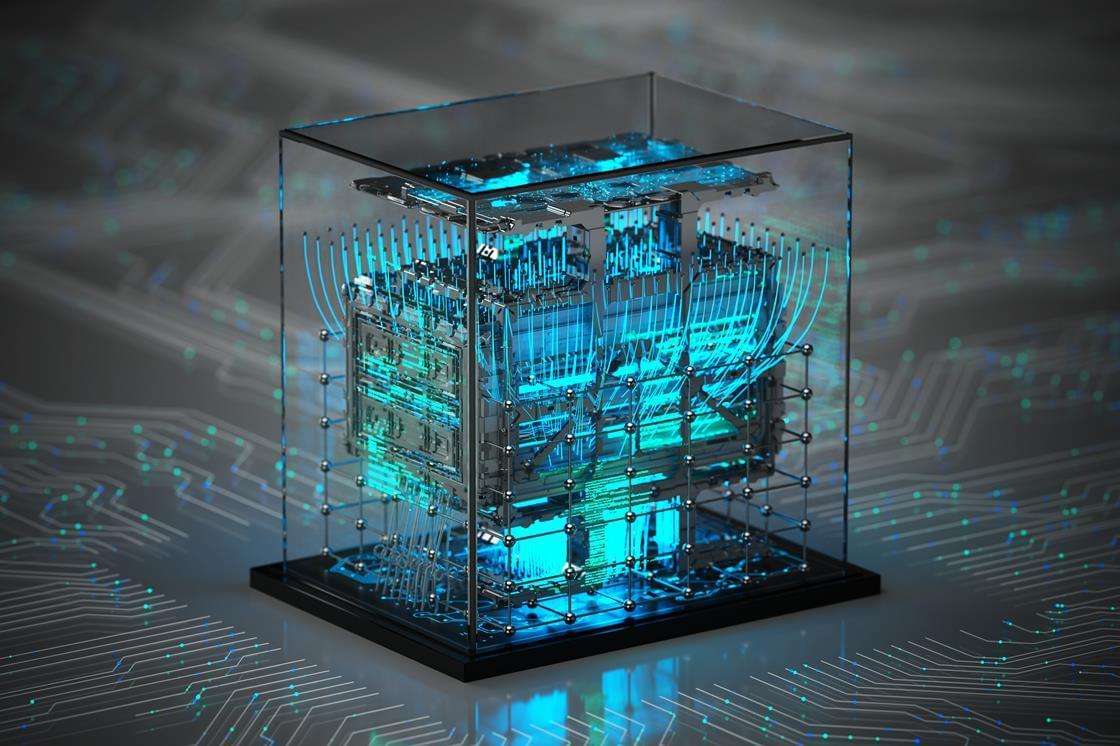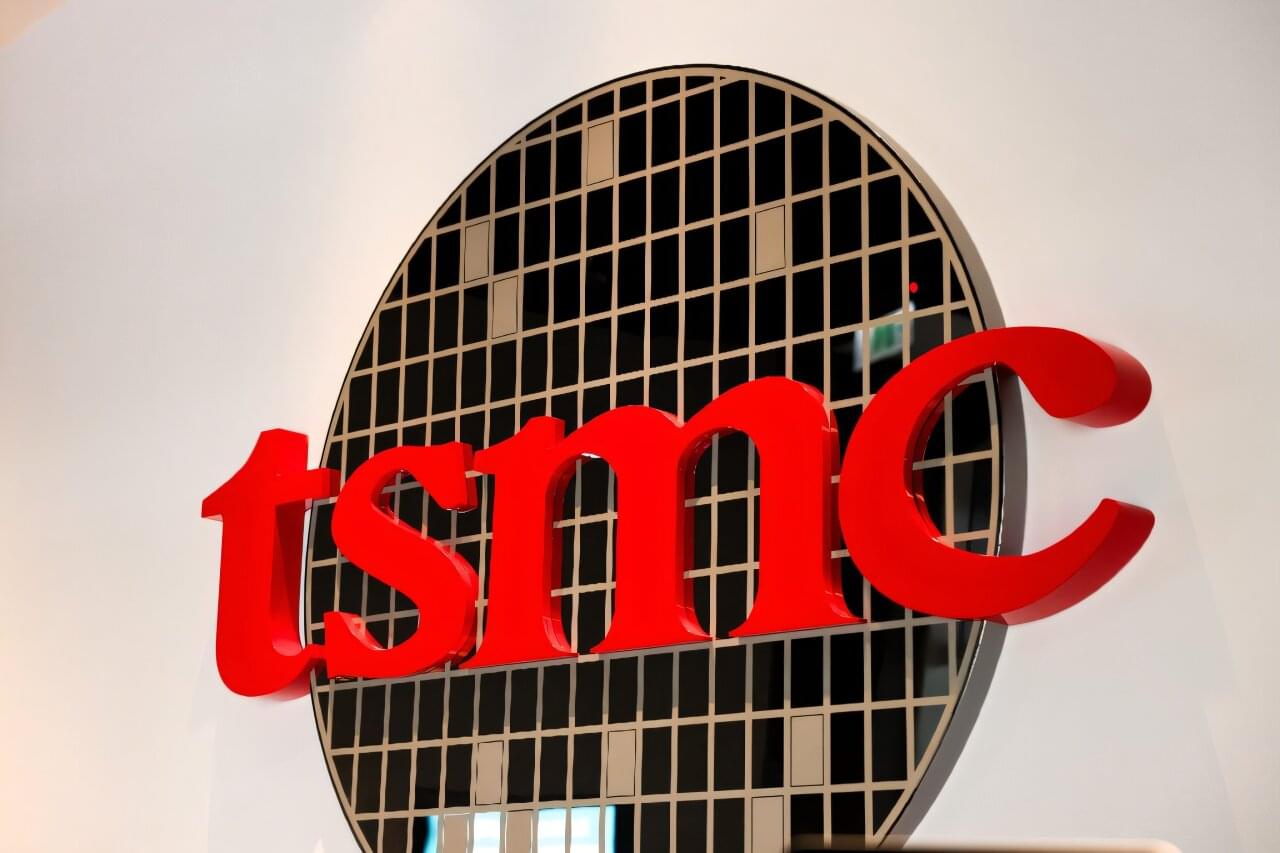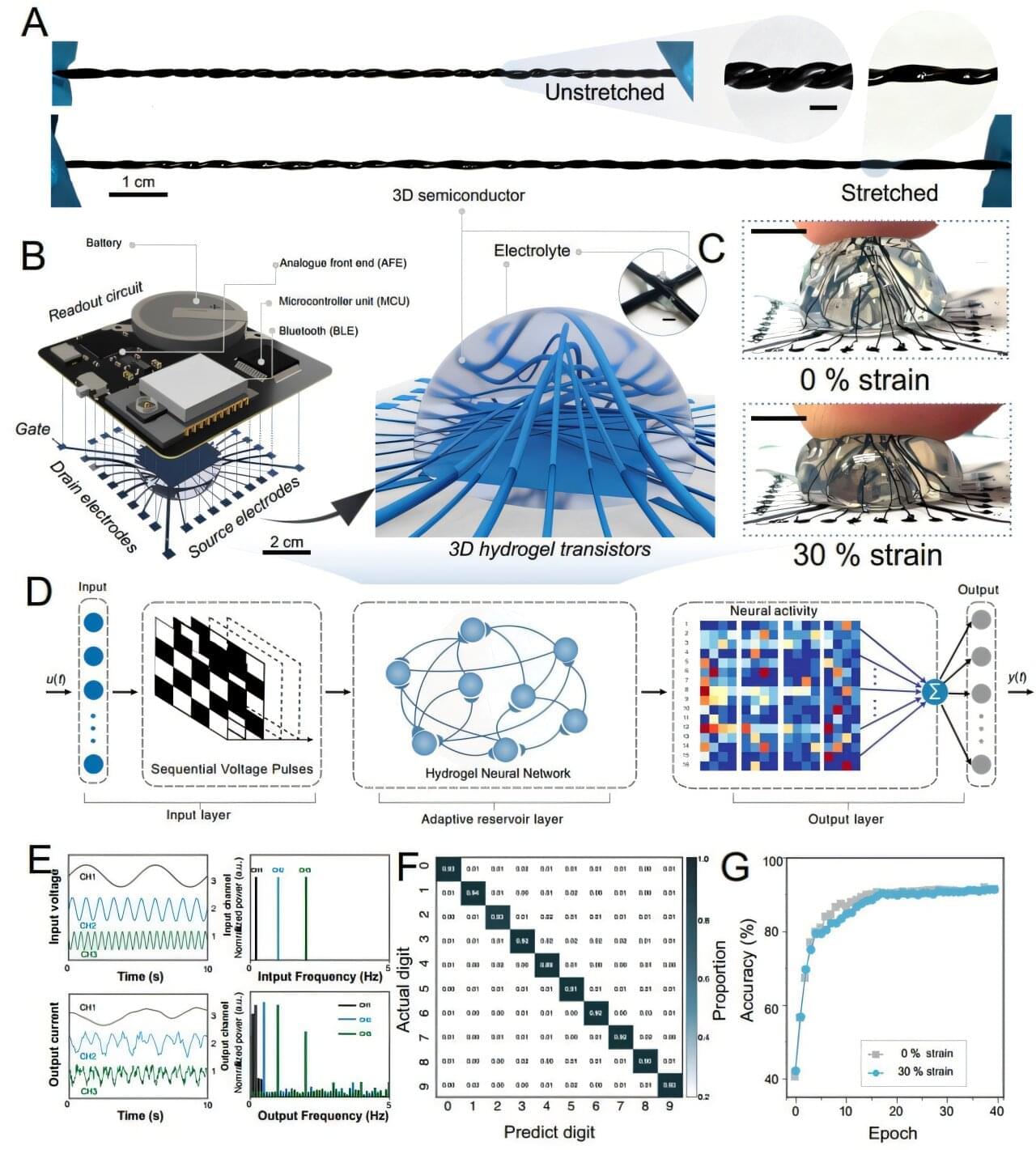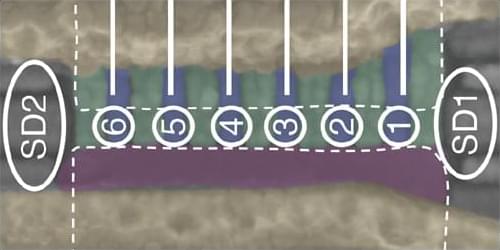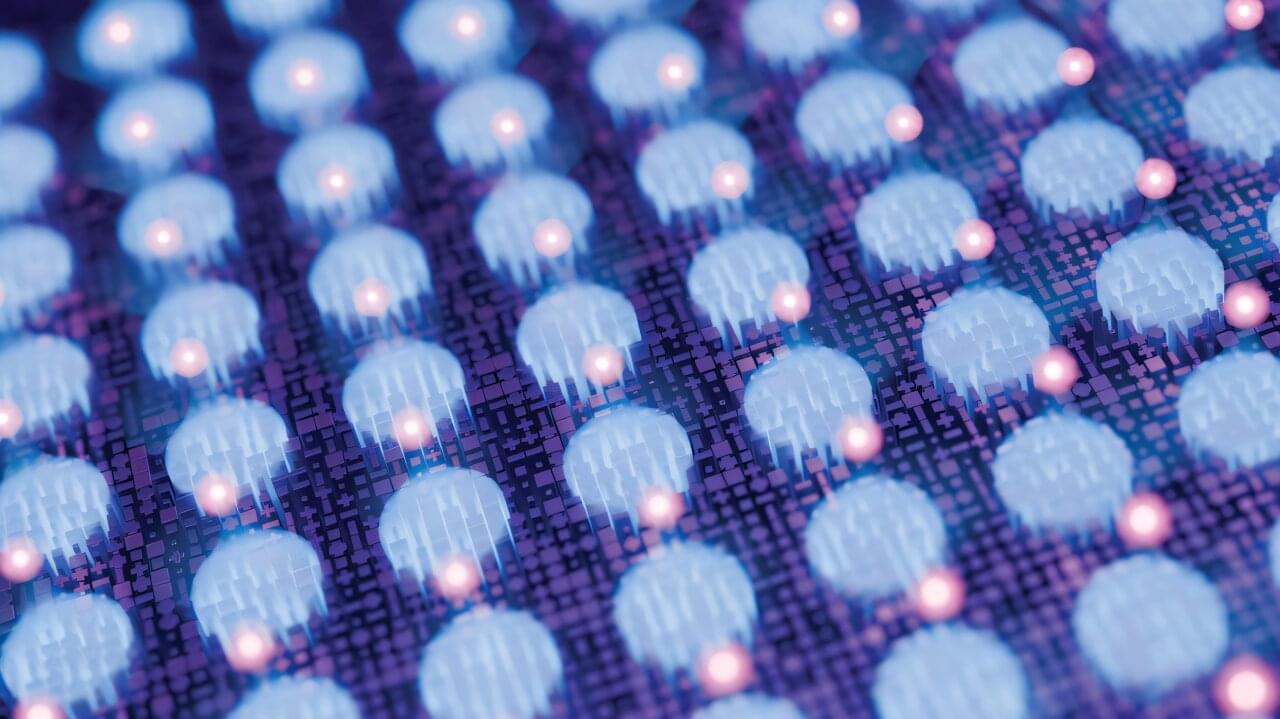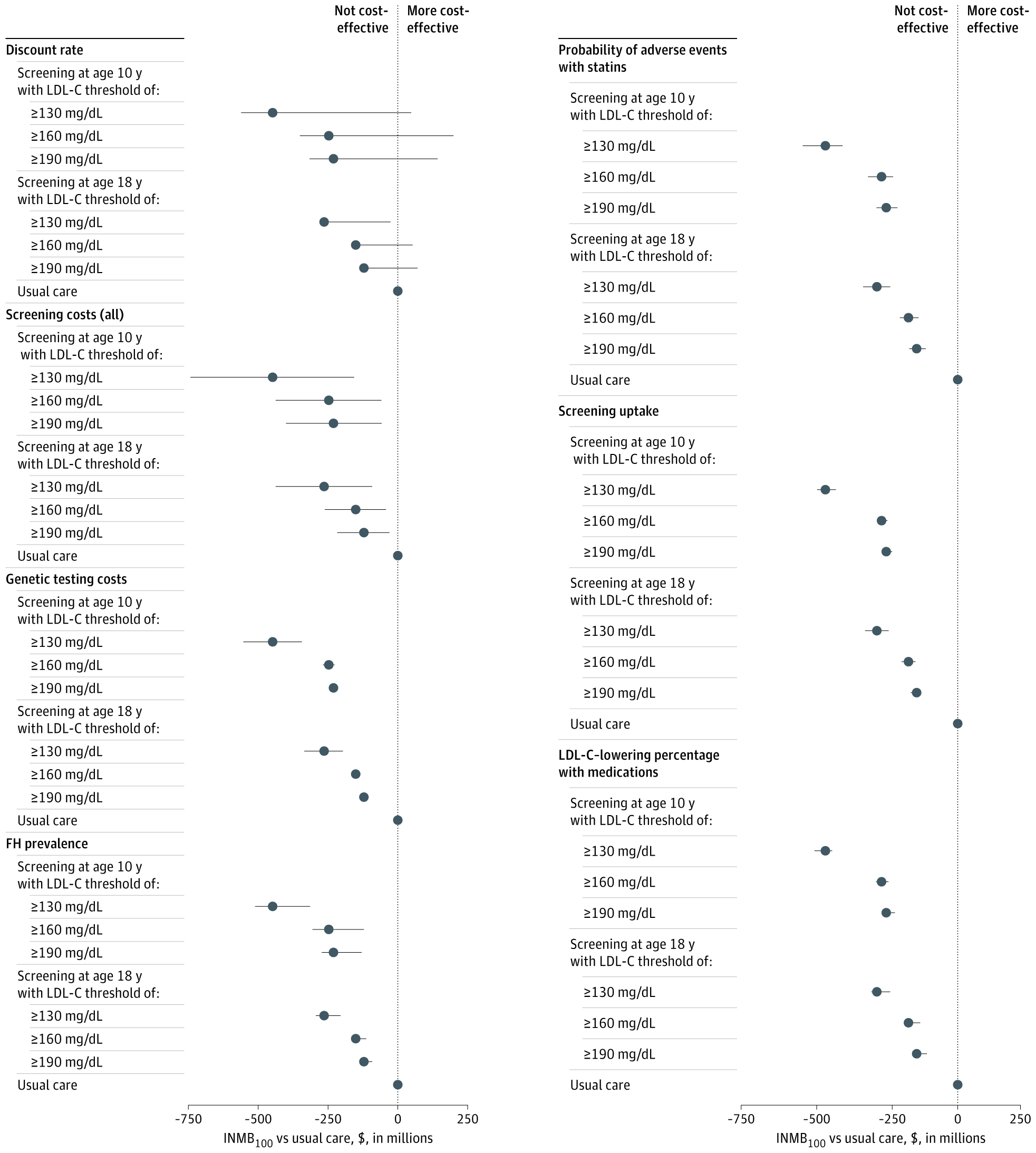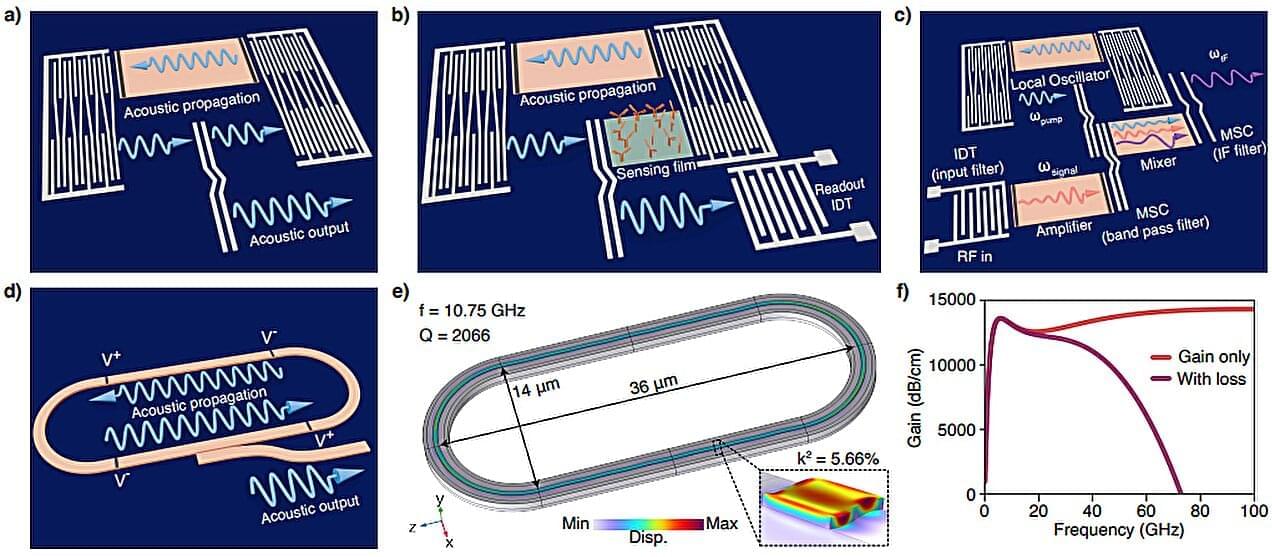Researchers at the Francis Crick Institute and AlveoliX have developed the first human lung-on-chip model using stem cells taken from only one person. These chips simulate breathing motions and lung disease in an individual, holding promise for testing treatments for infections like tuberculosis (TB) and delivering personalized medicine.
The research is published in the journal Science Advances.
Air sacs in the lungs called alveoli are the essential site of gas exchange and also an important barrier against inhaled viruses and bacteria that cause respiratory diseases like flu or TB.
